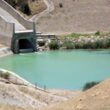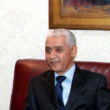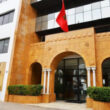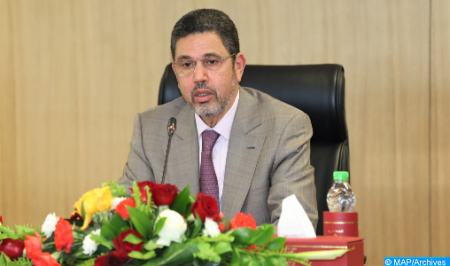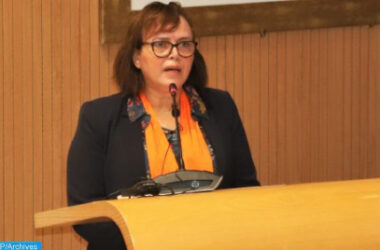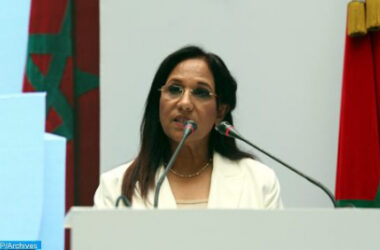The implementation of human rights mechanisms against torture requires getting acquainted with their techniques, he said in an address read on his behalf on the occasion of the opening of an international seminar on “standards and practices for the prevention of torture and other cruel, inhuman or degrading treatment or punishment during arrest, hearing and custody.”
“The CSPJ, as part of its constitutional responsibilities, has worked to enhance the performance of judges and improve their skills,” said Abdennabaoui.
According to him, this work stems from a firm belief in the importance of continuing the training of judges, who are invested by the constitution with the responsibility to protect the rights, freedoms and judicial security of individuals.
In similar remarks, the Public Prosecutor at the Court of Cassation, President of the Public Prosecutor’s Office, El Hassan Daki, noted that as part of protecting and promoting human rights, Morocco has submitted, earlier this week, the tools for ratification by the Kingdom of the Optional Protocol to the Convention Against Torture and Other Cruel, Inhuman or Degrading Treatment or Punishment (OPCAT).
“The Presidency of the Public Prosecutor’s Office has been involved for years in national efforts to combat and prevent torture and ensure that the law is strictly enforced to ensure the safety and security of people and protect their rights and freedoms,” he said.
According to Daki, the efforts made by the Kingdom in the area of human rights reflect in a “tangible and realistic manner the dynamism of the Kingdom of Morocco and its positive interaction with the international community of human rights, whether at the level of constitutional or legal consecration or implementation.”


